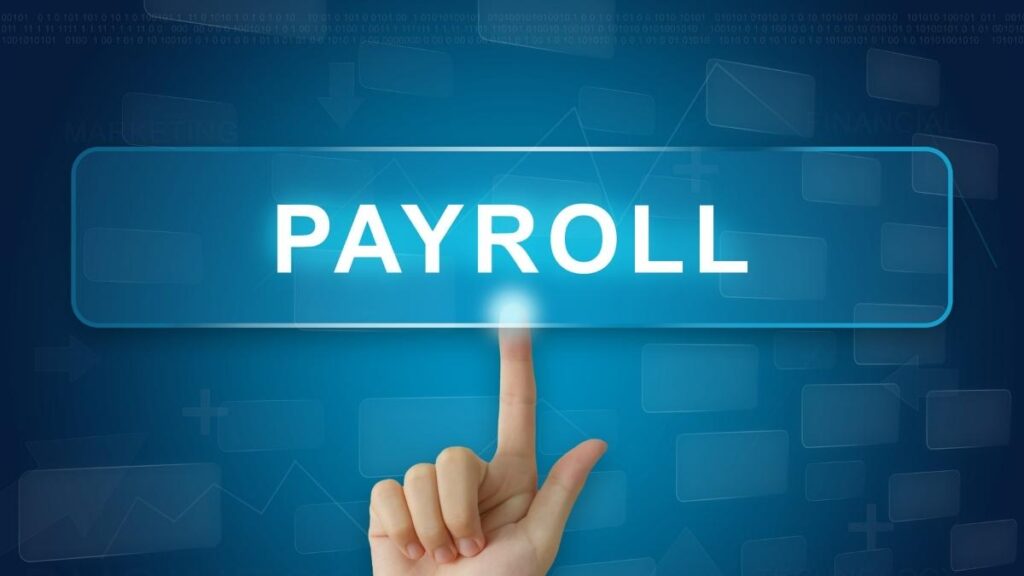
If you’re a retiree or senior worried about Can a Pension Be Garnished for Credit Card Debt, you’re not alone. Many Americans on fixed incomes fear that credit card lawsuits or aggressive debt collectors could jeopardize their retirement income. The good news? Most pensions are protected by federal and state laws, but there are important details to understand to keep your money safe. This article breaks down the rules, exceptions, and steps you can take to protect your retirement funds from creditors.
Can a Pension Be Garnished for Credit Card Debt?
The General Rule: Most Pensions Are Protected
The question “can a pension be garnished for credit card debt” has a reassuring answer for most retirees: creditors typically cannot directly garnish your pension. Federal laws, like the Employee Retirement Income Security Act (ERISA), protect many types of retirement income, including private pensions and Social Security benefits. These laws prevent creditors from seizing funds directly from your pension plan or Social Security payments before they reach you.
However, there are exceptions. Once pension funds are distributed and deposited into a bank account, they may become vulnerable depending on state laws and how the money is managed. Understanding where your funds are held and how they’re used is key to keeping them safe.
Types of Pensions and Their Legal Protection
Protected Pensions
Not all pensions are treated equally under the law, but many are safeguarded from credit card debt and retirement income issues. Here’s a look at the most common protected pensions:
- Social Security: Federal law (Section 207 of the Social Security Act) protects Social Security benefits, including retirement, disability, and survivor benefits, from most creditor garnishments.
- VA Benefits: Veterans’ benefits, such as disability or pension payments, are generally exempt from garnishment under federal law (38 U.S.C. § 5301).
- Federal and State Government Pensions: Pensions from federal or state government jobs, like those for teachers, firefighters, or civil servants, are often protected, though state laws vary.
- Private Pensions Under ERISA: Employer-sponsored pensions governed by ERISA, such as 401(k) plans or defined benefit plans, are typically safe from creditors while held in the plan.
These protections mean that debt collectors cannot directly access these funds for unpaid credit card debt in most cases.
At-Risk Situations
While pensions are generally safe, there are situations where they could be at risk:
- Co-Mingled Funds: If pension money is deposited into a bank account mixed with other funds (like wages or savings), it may lose its protected status. Some states allow creditors to garnish bank accounts after pension funds are distributed.
- State Law Variations: Once pension funds are in your possession, state laws govern whether creditors can pursue them. For example, some states have strong exemptions for retirement income, while others are less protective.
To avoid these risks, it’s critical to manage your pension funds carefully, as we’ll discuss later.
How Creditors Collect on Credit Card Judgments
Credit card companies can’t simply take your pension without legal action. To collect on unpaid credit card debt, they must first sue you and win a court judgment. This process involves:
- Filing a Lawsuit: The creditor files a lawsuit claiming you owe the debt.
- Winning a Judgment: If the court rules in their favor, they receive a judgment, allowing them to pursue collection.
- Collection Methods: Creditors may try to collect through:
- Wage Garnishment: If you’re still working, they may garnish your wages (up to 25% in most cases, per federal law).
- Bank Account Levies: They may freeze and seize funds in your bank account, including pension funds if they’re not in a protected account.
- Property Liens: Creditors may place a lien on your property, making it harder to sell or refinance.
However, pensions held in a protected account or plan are much harder for creditors to access. For judgment-proof seniors—those with little to no seizable assets or income—creditors may struggle to collect anything at all.
How to Protect Your Pension from Creditors
Worried about garnishing Social Security or pension funds? Here are practical steps to safeguard your retirement income:
- Keep Retirement Funds in a Dedicated Account: Deposit pension or Social Security payments into a separate bank account used only for those funds. This helps maintain their protected status.
- Avoid Mixing Funds: Do not deposit other income, like wages or gifts, into the same account as your pension or Social Security payments.
- Use Direct Deposit: Have your pension issuer or Social Security Administration send payments directly to a dedicated account. This can help prove the funds’ protected status if challenged.
- Respond to Lawsuits: Never ignore a court summons for a credit card lawsuit. Responding can help you assert your rights and protect exempt income.
- Consult an Attorney: A bankruptcy or elder law attorney can advise you on state-specific protections and help if you’re facing a lawsuit.
Taking these steps can significantly reduce the risk of creditors taking pension money.
Exceptions: When Pension Garnishment May Happen
While most pensions are protected, there are specific cases where garnishment is allowed, even for protected funds like Social Security or ERISA pensions. These include:
- Child Support or Alimony: Courts can garnish pensions, including Social Security, to enforce child support or alimony payments.
- Federal Tax Debts: The IRS can garnish up to 15% of Social Security benefits for unpaid federal taxes.
- Federal Student Loans: The Department of Education can garnish up to 15% of Social Security for defaulted federal student loans, though a minimum income threshold applies.
- Fraud-Related Judgments: If a court determines you committed fraud, your pension may be vulnerable in rare cases.
- Court-Approved Cases: Some state courts may allow garnishment in exceptional circumstances, depending on local laws.
These exceptions are limited, and most credit card debt does not fall under them.
FAQs
Can my Social Security or pension be taken by debt collectors?
In most cases, no. Federal law protects Social Security and most pensions from credit card debt collectors. However, funds may be at risk if mixed with other money in a bank account.
Is my pension safe if it’s in my checking account?
Pension funds can lose their protected status if co-mingled with other funds in a checking account. Keep them in a dedicated account to maintain exemptions.
What should I do if I’m sued for credit card debt in retirement?
Don’t ignore the lawsuit. Respond to the court summons and consider consulting an attorney to protect your pension and assert your rights as a judgment-proof senior.
Does being “judgment-proof” mean I can’t be sued?
No, you can still be sued, but being judgment-proof means you have little to no seizable assets or income. Creditors may struggle to collect, especially if your income is from protected pensions.
Read Also- Is Credit Card Abuse a Felony in Texas
Conclusion
For retirees and seniors asking, “can a pension be garnished for credit card debt,” the answer is generally no—most pensions, including Social Security and ERISA-protected plans, are safe from creditors under federal law. However, once funds are deposited into a bank account and mixed with other money, they may become vulnerable depending on state laws. To protect your retirement income, keep pension funds in a dedicated account, use direct deposit, and never ignore a lawsuit. If you’re facing debt collectors, consult a bankruptcy or elder law attorney to understand your rights and options. By taking these steps, you can ensure your pension remains secure.

Emma Rose is a U.S.-based personal finance writer and a regular contributor at Cardix.us. She focuses on topics like credit cards, credit scores, and everyday money management. Emma’s writing makes complex financial concepts simple and practical, helping readers make smarter credit and spending decisions with confidence.


